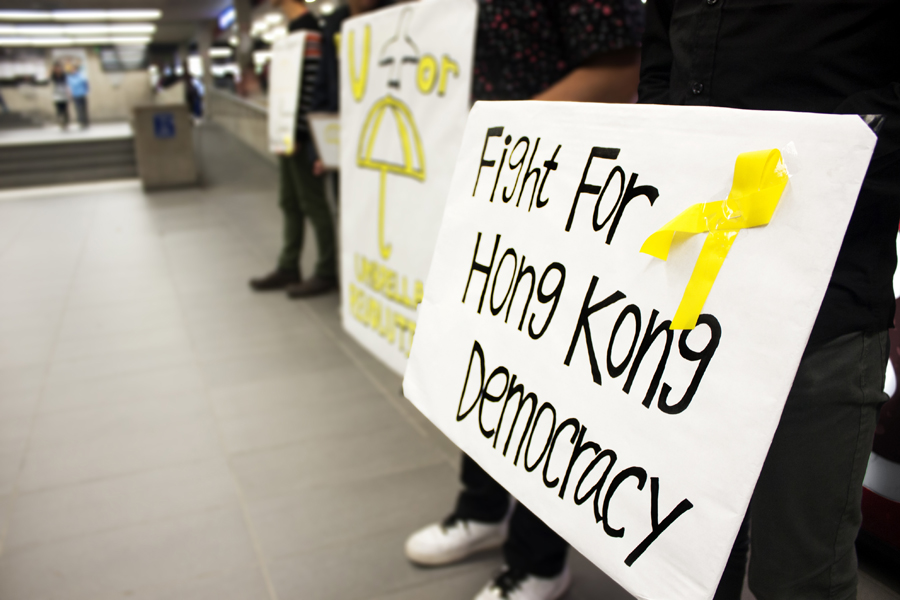Early last week, an email was sent out from the office of the vice-president (research and international) announcing the application period for the Undergraduate Research Award (URA) to students.
The URA provides a great opportunity for students to get involved with and pursue their own research interests, but can become exploitative very quickly.
This summer, I had the honour of being one of the recipients of the award. It was an incredible experience where I was able to explore my own interests more thoroughly with the support of a supervising professor who helped guide me through the processes and develop my own skills.
This experience threw open the figurative doors of how I imagined my place and engagement within academia. It encouraged me to push toward engaging with my research interests while accommodating my own stakes and emotions in a way that research within academia would normally not accommodate.
The award also provided me with significant financial support. The URA has a monetary value of $7,000. This allowed me the financial freedom of not having to work a full-time job over the summer and to dedicate the majority of my time to my research projects.
Ultimately, I would not be on the path I am now if not for the experiences that the URA enabled.
I would highly recommend that any students with a research project in mind or even an interest in pursuing research apply for this award. I especially encourage students studying the arts and humanities to apply. This is because it commonly feels like research awards are designated for STEM fields. However, this award is open to students from all research fields and departments who seek to engage with scholarly or creative work.
My support does come with a slight precautionary footnote, though. While the application process highlights conversations between students and professors, labour descriptions and protections are not clearly outlined to the student.
The application process includes students interviewing a professor who may potentially become the student’s supervisor. This interview involves discussing the professor’s current research endeavours and how both parties will support each other and work together during the research experience. The student is also required to detail their time availability and work capacity for the summer work term.
When you finish the online application, there is a checkbox that declares the student will dedicate full-time work hours toward the project, which spans from between 20 to 40 hours per week. At 20 hours per week, the hourly wage works out to about $21.87. However, at the maximum 40 hours per week, the hourly wage is about $10.94.
Students working 40 hours per week would be paid severely below minimum wage, which sits at $15.30 per hour as of Oct. 1, 2023.
There is a note attached to the checkbox stating that any hours beyond 40 hours per week will demand additional pay of minimum wage that goes beyond the $7,000 value of the award. However, there are little to no readily available supports for reinforcing this declaration beyond the application. The lack of details regarding students’ labour expectations and rights is a slippery slope that can contribute to the ongoing exploitation of student labour within the academic institution.
I am deeply thankful to the professors I have worked with who always made sure that my time and labour were fairly compensated and respected. Even so, I implore students to make sure they are advocating for themselves when applying for this award and having these discussions during the interview process.
While it may seem intimidating to voice concerns as an undergraduate student, I assure you that your concerns, time and labour are of utmost importance and should always be respected.




